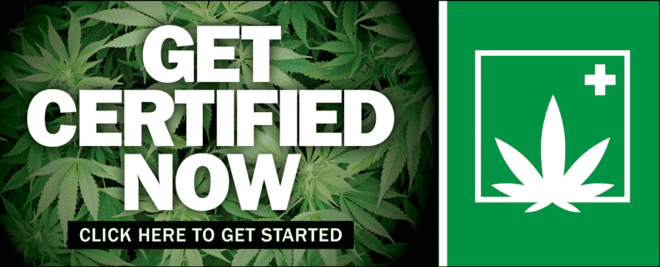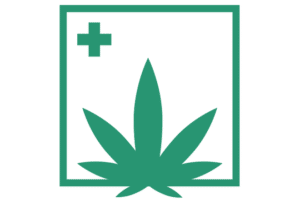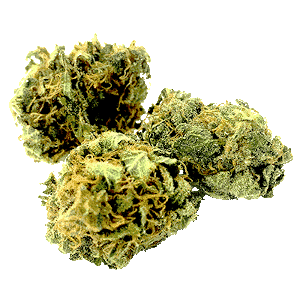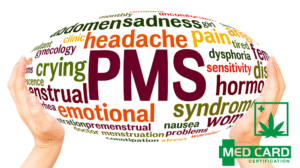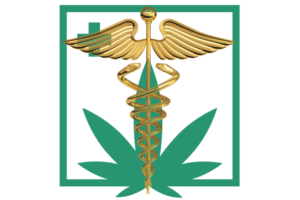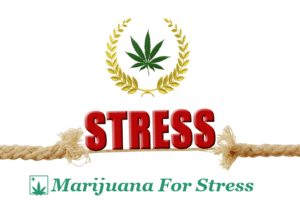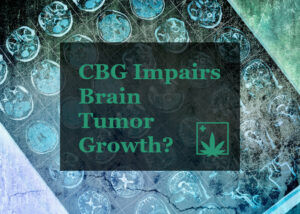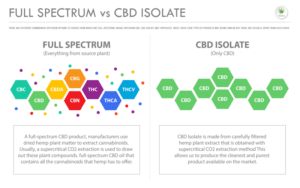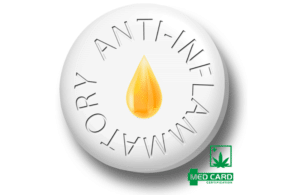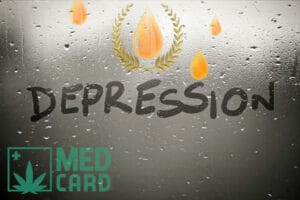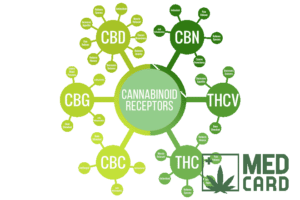
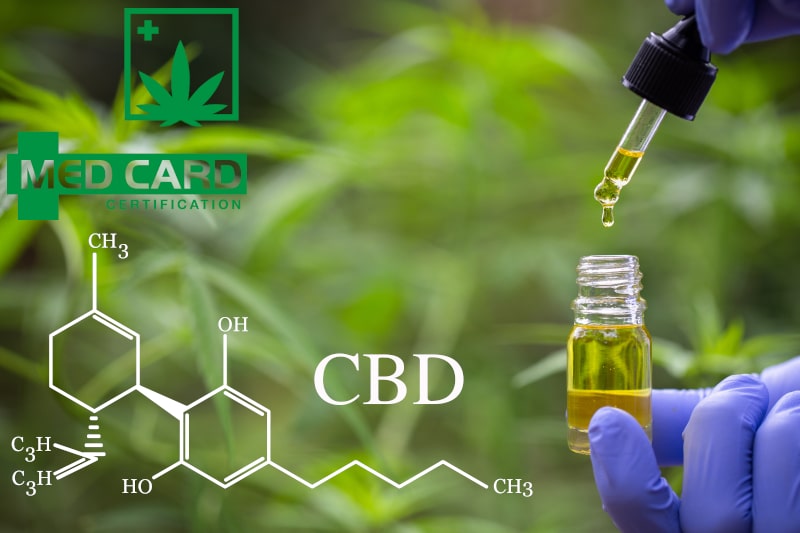
CBD dosage Guide
Determining the correct CBD dosage for your needs can be daunting. In this post, we’re going to talk about the various medical conditions for which people use CBD, which CBD products are suggested for certain types of conditions, and what the recommended dosages of CBD are for particular conditions.
What is the ideal CBD dosage?
This is probably the number one question people have when considering adding CBD oil and other CBD-infused products to their daily health routines. How much do I take?
The answer to this question depends on several different factors:
What medical condition you are treating
Which CBD product are you using
The formulation of the CBD product (what’s in it)
Your age, size, and physical condition
Let’s go through each of these considerations.
Your idea CBD dosage depends on your medical condition
There are quite a few medical conditions and individual symptoms for which people are taking CBD. A few that you might have heard of include sleeplessness, pain, anxiety, depression, and more serious conditions such as epilepsy. These conditions are just the tip of the iceberg, so to speak.
The reason that CBD is being used to treat such a wide array of conditions is because of the way CBD works with the body. You’ll often hear that CBD works via something called the human endocannabinoid system, or ECS. And this is true. However, the ECS is just one of many different mechanisms by which CBD and other compounds produced in hemp flower affect the human body.
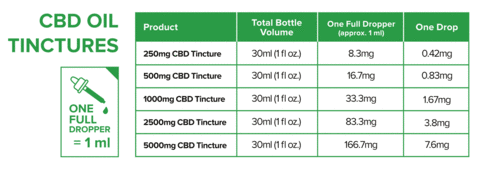
Different types of CBD products have different effects on different people and different conditions. As a result, there is no ideal dosage of CBD for everyone.
So let’s just start with a few rules of thumb that might help you get started.
The minimum dosage of any CBD products is usually 5-10 milligrams. (Anything lower is considered microdosing.)
As a dietary supplement, stick with 5-25 mg once or twice a day
For general aches and pains and conditions such as anxiety, and depression, try 25-150 mg once a day or every four hours.
For insomnia, try 25-150 mg ½ hour before bedtime.
Certain serious medical conditions can require doses up to a few hundred milligrams at a time. However, if you treating such a condition you should be doing so under the direction of a qualified healthcare provider.
There’s a caveat here. Some CBD products contain what is known as nanoencapsulated CBD oil. This means that the CBD oil is encased in microscopic beads that are water-soluble. The claim is that as much as four times more of the encapsulated CBD is absorbed into the bloodstream. For this reason, you should start with smaller doses when using these nano products.
medical conditions being treated with CBD
So, as you can now imagine, the list of conditions that are being treated with CBD is vast. Here is a list of some of the variety of medical conditions being treated with CBD:
- Acne
- ADD & ADHD
- Addiction & Alcoholism
- ALS (Amyotrophic Lateral Sclerosis)
- Alzheimer’s Disease
- Anorexia
- Antibiotic
- Anxiety
- Arthritis
- Asthma
- Atherosclerosis
- Autism Spectrum Disorder (ASD)
- Autoimmune Diseases
- Bipolar
- Cancer
- Colitis & Crohn’s Disease
- Depression
- Diabetes
- Endocrine Disorders
- Epilepsy & Seizures
- Fibromyalgia
- Hair Loss
- Heart Disease
- HIV & AIDS
- Huntington’s Disease (HD)
- Inflammation
- Insomnia
- Kidney Disease
- Liver Disease
- Migraines
- Mood Disorders
- Multiple Sclerosis (MS)
- Nausea
- Neurodegeneration
- Obesity
- Osteoporosis/Bone Health
- Pain
- Parkinson’s Disease
- PTSD
- Rheumatism
- Schizophrenia
- Shingles
- Sickle Cell Anemia
- Skin Conditions
- Sleep Disorders
- Stress
- Stroke
- Tourette’s Syndrome
- Traumatic Brain Injury (TBI)
- Weight Loss
The ideal CBD product and dosage depends in part on which of these conditions is being treated.
For example, when treating a skin rash, although edibles such as CBD gummy bears might help to reduce inflammation internally, a topical preparation such as a CBD-infused ointment, skin cream, salve, or balm, might be a better option.
And if you’re suffering from intestinal difficulties, a skin cream will not provide the same reduction in symptoms as CBD edibles.
Ideal CBD dosage depends on the type of CBD product
The ideal CBD product and dosage depends in part on which conditions are being treated. (See list in green space below)
For example, when treating a skin rash, although edibles such as CBD gummy bears might help to reduce inflammation internally, a topical preparation such as a CBD-infused ointment, skin cream, salve, or balm, might be a better option.
And if you’re suffering from intestinal difficulties, a skin cream will not provide the same reduction in symptoms as CBD edibles.
Choosing which product to try can be as confusing to many people as how much CBD to take. As mentioned above, certain types of products are more desirable for certain treatments.
Let’s go over the most common types of CBD products.
CBD oils and tinctures
CBD oil drops and tinctures are generally used sublingually – drops placed under the tongue will absorb into the capillaries in the lining of the mouth. These products are generally for internal systemic uses such as treating aches and pains, anxiety and depression, sleep disorders, and so forth. CBD oil drops are also ideal for treating conditions of the mouth.
CBD capsules and tablets
CBD oil capsules and tablets are taken orally. As with CBD oil drops, these products can be useful for systemic issues. Also, because capsules melt right away, the CBD oil is delivered directly into the stomach. This makes CBD capsules ideal for stomach disorders such as ulcers or nausea.
CBD-infused candy
We’re dividing CBD-infused candy from other types of CBD edibles because, like capsules, products such as gummy bears and chocolates dissolve immediately in the stomach. So, as with capsules, candies are good for systemic issues and conditions of the stomach.
Other CBD edibles
Other, non-candy CBD edibles such as baked goods can take longer to digest. Because these products make their way through the stomach and into the intestines they are especially helpful for intestinal issues such as intestinal cramping, intestinal ulcers, IBD, IBS, and Crohn’s disease.
CBD vape oils and inhalers
The benefit of vaping or inhaling CBD is that the effects are instantaneous. As soon as you inhale CBD it is absorbed directly into your bloodstream. This makes inhaled methods ideal for fast onset conditions such as nausea, panic attacks, and PTSD. There are still some serious questions about whether vaping is harmful to the lungs, so it’s not recommended for constant use throughout the day.
CBD Topicals
The term “topical” refers to any product used on the skin. There are two reasons for using topicals. The first is to treat a condition of the skin itself. The second is to treat underlying conditions such as joint and muscle pain or spasticity. Each type of product is specifically formulated to treat one or the other categories. CBD oil can also be used topically, however, full-spectrum oils will have that green aroma associated with cannabis.
Other types of CBD products
There are also several other types of CBD products such as transdermal patches and pen applicators, and suppositories. Transdermal patches (meaning “absorbed through the skin”) are generally used for systemic delivery. Suppositories are for internal (non-oral) use and are often used to treat internal inflammation.
The ideal CBD product depends on the formula
As with most herbal remedies and medicines, CBD products come in a variety of different formulations. The overall effects of the product are highly dependent upon the contents of the product.
CBD product formulations can be broke down into three categories:
Full-spectrum CBD oils
Broad-spectrum CBD oils
Purified CBD-infused products
Full-spectrum CBD oils
Full-spectrum CBD oils are made by extracting the oils from the resinous cannabis flower clusters. These extracts contain a variety of compounds aside from just CBD and other cannabinoids. Another major constituent of cannabis extract is a class of aromatic oily compounds known as terpenes.
While cannabinoids make up the bulk of the oils, it’s the terpenes that give cannabis its distinctive scent. Scores of terpenes are produced in cannabis flowers, and each of them has its own medicinal properties.
When you hear about particular strains of cannabis it’s the mixture of the various cannabinoids and compounds that define the strain. And because terpenes have a wide variety of effects, different strains offer different benefits.
While some strains might make you drowsy or hungry, for example, others might make you feel more awake or dampen your appetite. These are just two of many types of effects.
This combined effect of the cannabinoids and terpenes is known as the entourage effect.
You’ll often hear people suggest that full-spectrum products are superior to others, but that assumes that you know from which strain they were produced and/or which terpenes they contain and the nature of their effects.
If you can’t be sure which terpenes are in a particular CBD oil product, then you have more homework to do, or you should consider other types of products that are not full-spectrum.
Moreover, certain people can have sensitivities and allergies to some terpenes. Precautions should be used when taking any herbal remedies. Start with a few drops on the skin, then a couple drops in the mouth before you begin full treatment. If you notice any irritation discontinue use.
Broad-spectrum CBD oils
Broad-spectrum BCD oils are essentially a vegetable oil base that has been infused with purified CBD and particular terpenes. Because the manufacturers of these products have full control over which terpenes are included in the formula each can be developed to treat specific conditions such as sleeplessness, pain, or anxiety.
Generally, these full-spectrum products are clear about which terpenes are being added and the conditions for which the product is formulated, but not always. Don’t be afraid to ask.
Purified CBD
Several products contain only a carrier oil and purified CBD without the terpenes. Although these products can be used to treat the full array of conditions mentioned earlier, they are especially useful for the treatment of neurological conditions such as epilepsy, tremors, spasticity, Parkinson’s disease, ALS, etc.
Most often, topicals will be made with purified CBD rather than a full-spectrum CBD, mainly because CBD is odorless and colorless. This makes it ideal for use in topicals and cosmetic products.
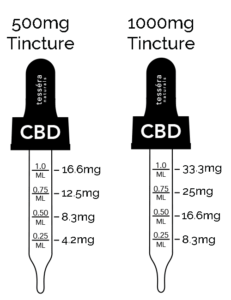
How much CBD is in the product?
If a CBD product doesn’t specifically tell you how much CBD it contains, then don’t buy it. You need to know how much is in it to know how much to use.
Most products are formulated to deliver anywhere from 5 or 10 milligrams of CBD, on up to 25 or 50 milligrams per dose.
The CBD content will be listed in one of two ways — the amount of CBD in the entire product, or the amount of CBD per serving.
For example, a CBD oil dropper might tell you it has 500 or 1,000 milligrams of CBD. That is the amount of CBD in the bottle.
Alternatively, a bottle of capsules would list the amount of CBD in each capsule and the number of capsules in the bottle.
Your physical condition is a big factor
One additional factor to consider is your physical condition. Smaller people can get by with smaller doses. Older people whose ECS is not what it used to be might need higher doses.
The intensity of your condition is another factor. For example, if you’re in a little pain you might not need a high dosage, whereas if you’re in a lot of pain you’ll probably need more.
So what is the ideal dosage of CBD?
Again, different types of CBD products have different effects on different people and different conditions. As a result, there is no ideal dosage of CBD for everyone.
So let’s just start with a few rules of thumb that might help you get started.
- The minimum dosage of any CBD products is usually 5-10 milligrams. (Anything lower is considered microdosing.)
- As a dietary supplement, stick with 5-25 mg once or twice a day
- For general aches and pains and conditions such as anxiety, and depression, try 25-150 mg once a day or every four hours.
- For insomnia, try 25-150 mg ½ hour before bedtime.
- Certain serious medical conditions can require doses up to a few hundred milligrams at a time. However, if you treating such a condition you should be doing so under the direction of a qualified healthcare provider.
There’s a caveat here. Come CBD products contain what is known as nanoencapsulated CBD oil. This means that the CBD oil is encased in microscopic beads that are water-soluble. The claim is that as much as four times more of the encapsulated CBD is absorbed into the bloodstream. For this reason, you should start with smaller doses when using these nano products.
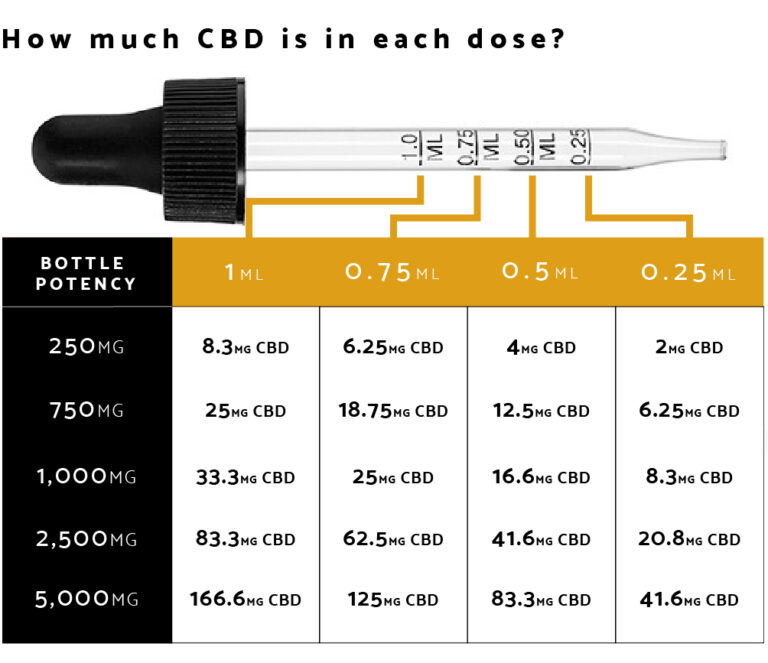
How to calculate the amount of CBD in a dose
Most oral CBD products, such as CBD edibles and capsules will list the amount of CBD in each capsule or pill.
Calculating a dose of CBD oils and tinctures, on the other hand, require a little math. You’ll need to know two things: how much total oil is in the bottle, and how much CBD is in the oil.
Generally, a single drop from a standard eyedropper is about 0.05 milliliters (mL). So a 10-mL bottle of CBD oil will contain about 200 drops. And if the bottle contains 1,000 milligrams of CBD, then each drop will contain about 5 mg of CBD.
So the formula is this:
- There are about 100 drops for every 5ml of oil so divide the total ml by 5 to get the total number of drops in the bottle.
- Divide the amount of CBD in the formula by the number of drops to determine the amount of CBD in each drop.
How much is too much CBD?
Unlike many prescription drugs, CBD is non-toxic. That means you can’t overdose on CBD. Even doses of 1,000 mg or higher are easily processed by the body.
That being said there are two considerations.
The first is that CBD produces what’s known as a bell curve response. That means that over a certain dosage it not only ceases to produce better results, but it can also actually reduce the effects. For this reason, you need to be keenly aware of how your body reacts to the doses that you’re taking and adjust accordingly.
Taking too much is just a waste of your hard-earned money.
The other consideration is the potential unwanted side effects. Taking too much CBD can cause issues such as drowsiness and changes in appetite. And depending on what else is in the bottle such as the various oils and terpenes, there could be other side effects.
Final thoughts on choosing a CBD dosage
Start small, work your way up
Don’t just jump headfirst into a CBD regime. You should start with very small doses and work your way up until you feel relief. Furthermore, if you start to notice symptoms such as feeling tired during the day you should cut back.
CBD is not regulated, do your homework
CBD isn’t regulated like many other natural remedies (yet). That means you have to do your homework to find a trusted product. Products from reputable brands are preferable. Also, make sure you’re dealing with a company that has all of their products tested for potency and purity.
Talk to your health care provider
Talk to your health care provider if you’re considering CBD or are taking CBD for more than a daily health supplement. Let your healthcare provider know about it so that it can be taken into consideration when assessing your progress.


